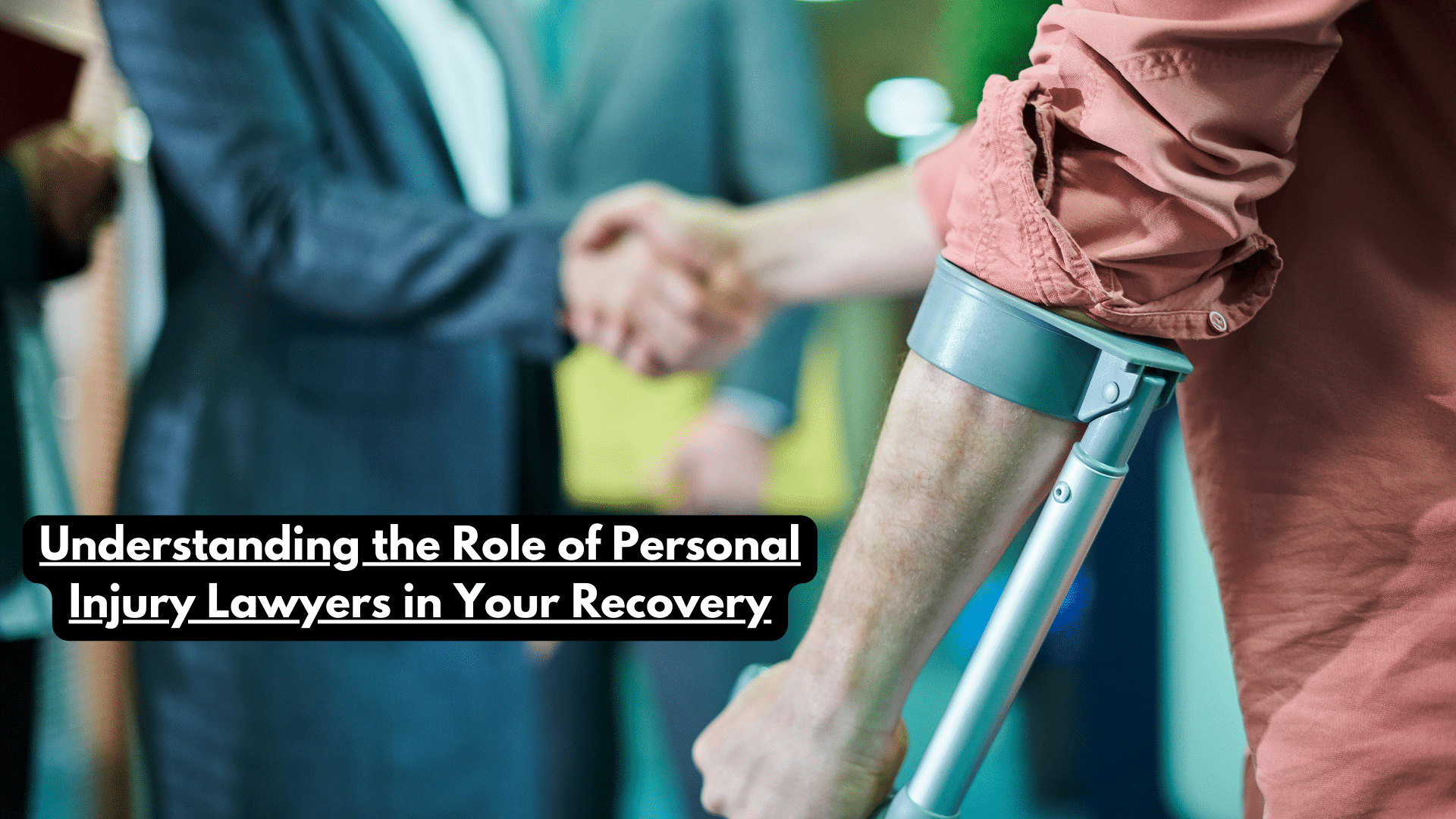His patience had reached the end of the line. He didn’t know what to do any longer — or where to turn. The problem had simply become too big for him to manage and overcome by himself.
So Srinivas Pothuganti began looking for help. He spent several weeks researching and decided that a executive leadership coaching is the solution – someone to help him weave through the problems he had encountered with several of his direct reports at his Southern California financial technology company.
He interviewed four leadership coaches before selecting Dr. Shahid Sheikh, a worldly scholar with numerous degrees and certifications from such universities as Cornell, Harvard, UCLA, California Lutheran and Pepperdine University.
“I was shocked when we met because he was so different from the other coaches I had previously interviewed,” Pothuganti says. “He really made a connection with me. His approach is just perfect.”
Within a couple months, Pothuganti’s issues with his colleagues were on the path of being solved. That is no surprise at all when Dr. Sheikh is the orchestrator.
Dr. Sheikh is a different breed when it comes to leadership coaches. He has spent his entire life and career learning, teaching and observing – all in the hopes of helping people overcome their issues and problems, personally and professionally. He takes a humanistic approach to executive leadership coaching. He doesn’t provide solutions to his clients. He makes them find the solutions and then has them implement it themselves. He turns them into genuine leaders with confidence, sensitivity, thoughtfulness, understanding and perception.
“I had a huge disconnect with my direct reports,” Pothuganti says. “It was to the point where I was going to let them go. But Shahid made me realize that I was the one who had to change too. I was part of the problem too with my approach and mindset. He helped me focus on the issue rather than on my emotions. He helped me look at the problem more objectively and have a better understanding of the feelings of the people with whom I’m dealing with — to understand where they were coming from rather than jumping to other conclusions.”
 Dr. Sheikh has an astonishingly successful record of accomplishment in consulting and coaching startups, accelerating growth, turnaround and executive leadership coaching. He is particularly adept at coaching “high-impact performers” such as CEOs and other C-suite executives in personal, professional and leadership development, and vital people-management skills.
Dr. Sheikh has an astonishingly successful record of accomplishment in consulting and coaching startups, accelerating growth, turnaround and executive leadership coaching. He is particularly adept at coaching “high-impact performers” such as CEOs and other C-suite executives in personal, professional and leadership development, and vital people-management skills.
He has a Doctorate in Organization Change, a Master of Business Administration in Marketing, a Post-MBA Certificate of Mastery in Marketing, and course work in Learning Technologies. His coaching and assessment credentials include Certified Professional Coach (CPC), Energy Leadership Index (Attitudinal) Assessment Master Practitioner (ELI-MP), Certified Social + Emotional Intelligence (SEIP) Assessor and Implementer, Certified ADVanced Insight (Personality) Assessment Administrator, and Certified DIALOG (Organizational) Assessment Administrator. He is highly also experienced in organizational design, development and culture.
“Shahid is a true master of his profession,” Pothuganti says.
“I’m a humanist,” Dr. Sheikh says. “I understand the human psyche because I’ve devoted my life and career to studying it. Philosophically and ethically, I emphasize the value of human beings, individually and collectively.” He also affirms his clients’ ability to improve their lives through “the use of reason and ingenuity.”
“I stress mindfulness and self-leadership,” he adds. His theory revolves around practicing social and emotional intelligence – “being aware of your own emotions and being able to manage them.”
 He categorizes his clients in three areas: personality, social and emotion intelligence and attitude. “I use the Socrates and Humble Inquiry methods of asking open ended questions, all designed to get an insightful response. The biggest strength a coach has to have is never tell a client what to do.”
He categorizes his clients in three areas: personality, social and emotion intelligence and attitude. “I use the Socrates and Humble Inquiry methods of asking open ended questions, all designed to get an insightful response. The biggest strength a coach has to have is never tell a client what to do.”
Dr. Sheikh is so comfortable in his own skin that he is known to even help his own competitors. Take Raj Bhakta, a seasoned high-level manufacturing executive who was tired of the corporate world. After meeting Dr. Sheikh, he decided he wanted to switch gears and become a business coach, just like his new acquaintance.
“I asked him to help me and without any hesitation whatsoever, he said, ‘Absolutely,’” Bhakta recalls. “And I was going to be his competition.”
Bhakta had been a huge success, professionally and in his personal life, yet he wanted to escape the corporate world and become an entrepreneur. Yet deep down, he was petrified of the change.
Until he met with Dr. Sheikh.
“He changed me,” Bhakta says. “He gave me the strength and confidence to move forward. I was 60 years old at the time and I was nervous. ‘Could I do this? Can I do it?’ I had so much doubt.”
But Dr. Sheikh erased those doubts and helped Bhakta launch his new business, which is thriving today.
Doubts have also been expunged in George Bosson, with whom Dr. Sheikh has been working with for one year.
For 30 years, Bosson has been a high-ranking executive in the architectural lighting sector. His passion lies in Human Centric Lighting (HCL), which is universally considered the next big step in lighting – it may even become more significant than Edison creating the light bulb, experts says.
Not only does HCL provide superior visual-lighting quality, energy efficiency and sustainability, it also improves circadian rhythms, short and long-term alertness, sleep, mood, visual acuity, perception and performance–productivity.
 When Bosson was hired as President of a Los Angeles architectural lighting firm four years ago, he quickly discovered how dysfunctional the company was and that it wasn’t in a position to move into the HCL space. So he departed.
When Bosson was hired as President of a Los Angeles architectural lighting firm four years ago, he quickly discovered how dysfunctional the company was and that it wasn’t in a position to move into the HCL space. So he departed.
“At this point, I decided I wanted to develop a relationship with a career coach — someone with a great deal of insight and experience to bounce my thoughts off of and develop a vision for moving forward in my career,” he says. “I needed objective perspective on the kind of decision making I was engaged in.”
When he read about Dr. Sheikh’s background and experience, “I decided he’s kind of person I wanted – and needed.”
The situation could not have worked out better for Bosson.
Under Dr. Sheikh’s watch, “I’ve opened up to different possibilities as opposed to focusing on a tradition way of approaching my future,” he says. “He’s helped me analyze my own thinking and develop the most positive direction to take my career in. He’s a great listener and is very insightful as far as the obstacles that I put in my own way in my pursuit of this goal.”
Those obstacles include “negative thinking and distractions,” Bosson says. Yet he’s overcome those issues because Dr. Sheikh helped him focus and plan more effectively.
Dr. Sheikh and Bosson designed two strategies for moving forward: (1) Consulting for a lighting company in HLC and (2) talking to different groups about developing their own HLC company. He’s currently in negotiations with three groups. Yet Bosson does not want to be President of the company. He just wants to be an integral part of it.
“I’ve done startups and turnarounds,” he says. “I’d prefer to develop a relationship with a strong and healthy company that needs my experience, expertise and passion to move forward and develop a dynamic human centric lighting solution within their company.”
Without Dr. Sheikh’s assistance, “I’d be much more confused right now,” Bosson says. “HCL is a very new idea. It takes a great deal of discipline to ferret out the research relative to an active lighting system that can provide the benefits that lighting is capable of providing. Thanks to Shahid, I developed a focus and a patience to continue this pursuit as opposed to just falling back and getting a job.”
For Bosson, his sessions with Dr. Sheikh are mostly about “understanding where my strength and weaknesses are – and to rely on my strengths more and work on the weaknesses within my own personality and thought process,” he says.
His biggest weakness, he says, was a lack of confidence. “I’m a little hard on myself,” he says. “Shahid helped me understand where that’s coming from and to let myself off the hook. It’s about getting behind myself in achieving what I intend to achieve.”
And it’s not necessarily what Dr. Sheikh says but more so the questions he asks. “It’s like this story about Michelangelo — they said there is a form within the block of marble. My job is to free that form from the block. That process describes our relationship best. The answers are inside of me, they’re a part of me who I am. Shahid’s his job is to help me see those possibilities and see the path that is a part of who I am.”
 To further illustrate how impressive Dr. Sheikh is, he has been suffering from Parkinson’s disease for five years. Both of his hands shake uncontrollably. He is forced to use a walker. Yet his mind has not been affected at all. Neither has his attitude. He is as tough-minded, sharp and confident as he’s ever been in his life.
To further illustrate how impressive Dr. Sheikh is, he has been suffering from Parkinson’s disease for five years. Both of his hands shake uncontrollably. He is forced to use a walker. Yet his mind has not been affected at all. Neither has his attitude. He is as tough-minded, sharp and confident as he’s ever been in his life.
If he has any limitations, he certainly won’t admit them. In fact, he laughs them off.
“Limitations are what we put on ourselves,” he says. “Instead of questioning, ‘Why me’ or wondering what I don’t have, I coach people to look at what they do have, to capitalize on it, to run with it. As long as you look at other people and what they have, you’ll be unhappy. There are billions of people worse off than I am. I am much better off than most. I have something to give to this world. If I can change one person, there may be a domino effect that can help changes 10 others, then 10 more and 10 after that.”

Contact:
Dr. Shahid Sheikh
310-928-3501
drshahidsheikh@significantconsulting.net
SignificantConsulting.net




